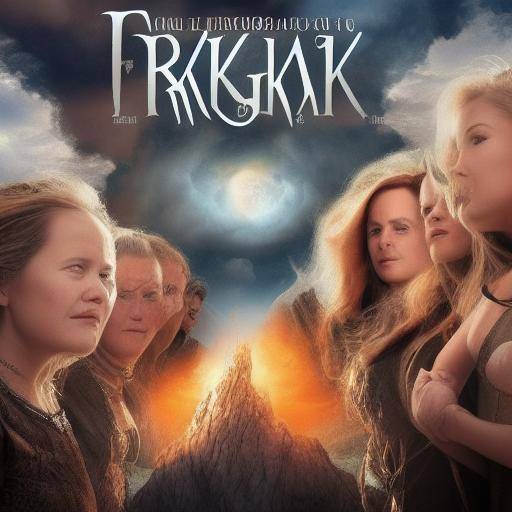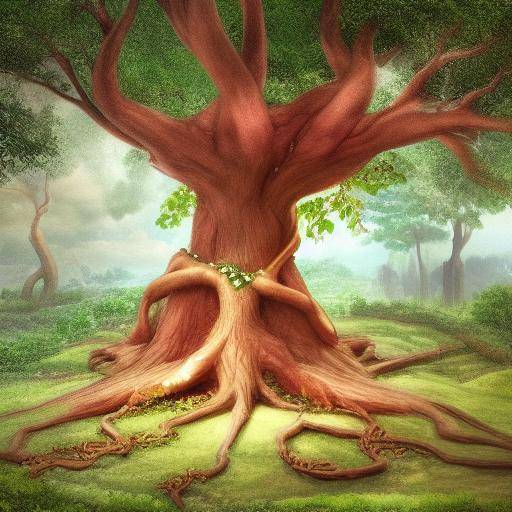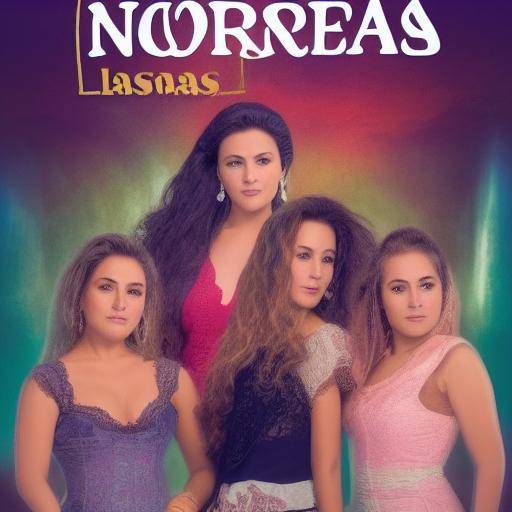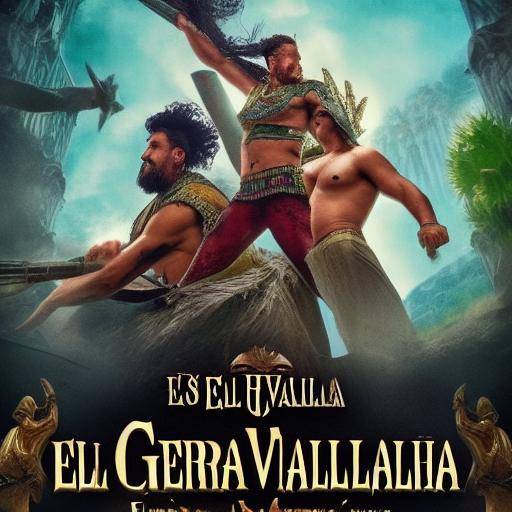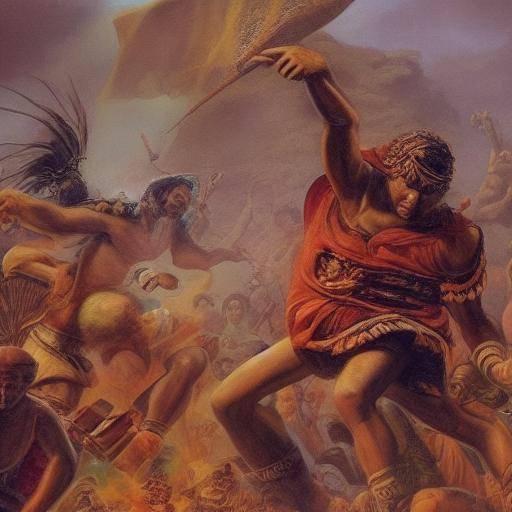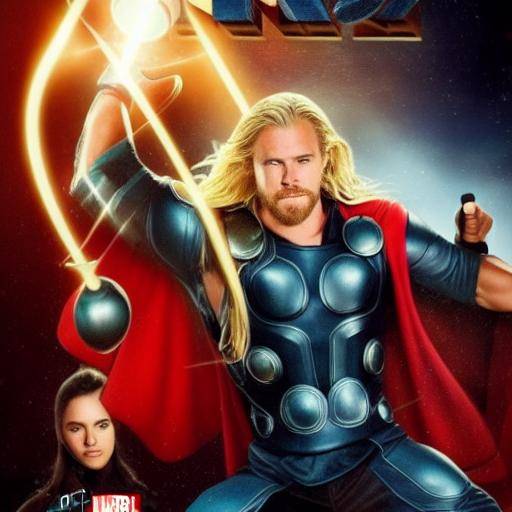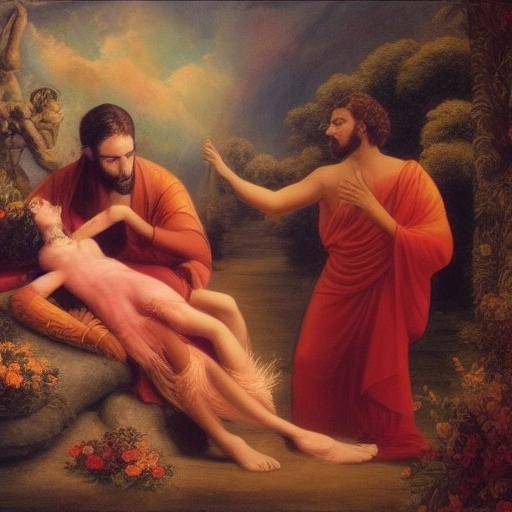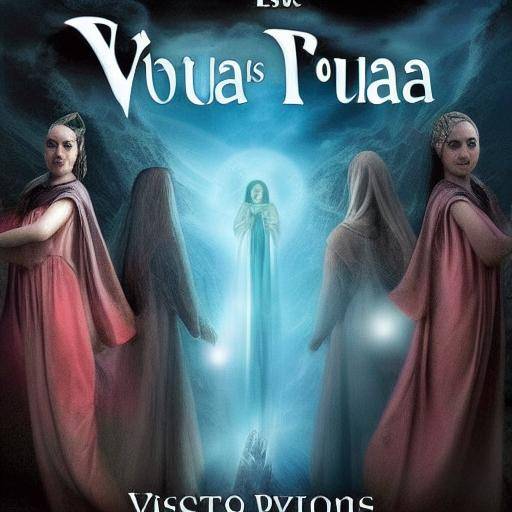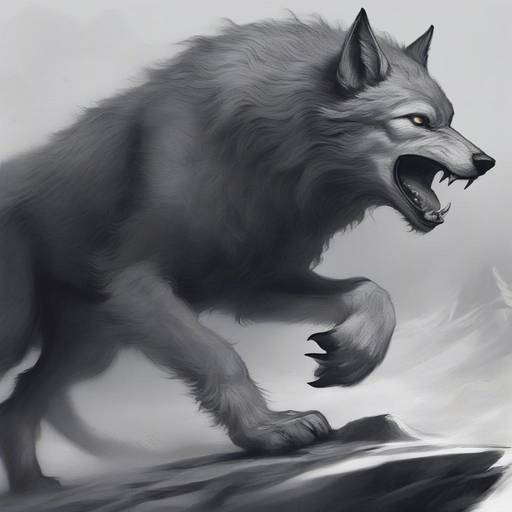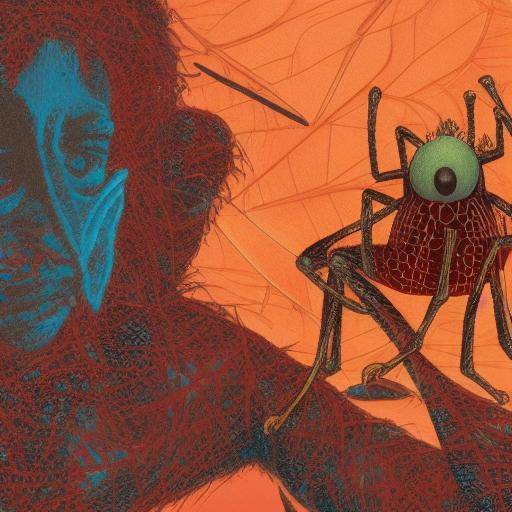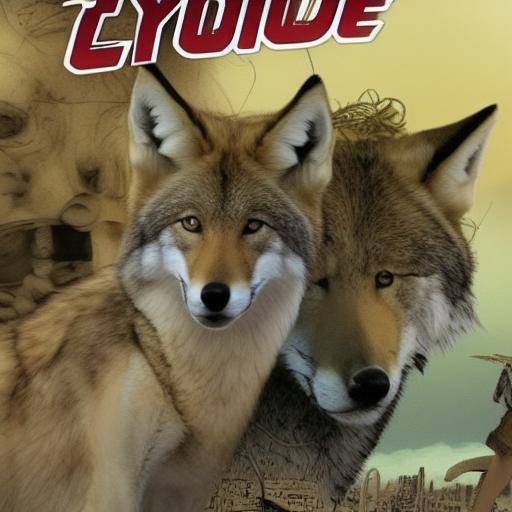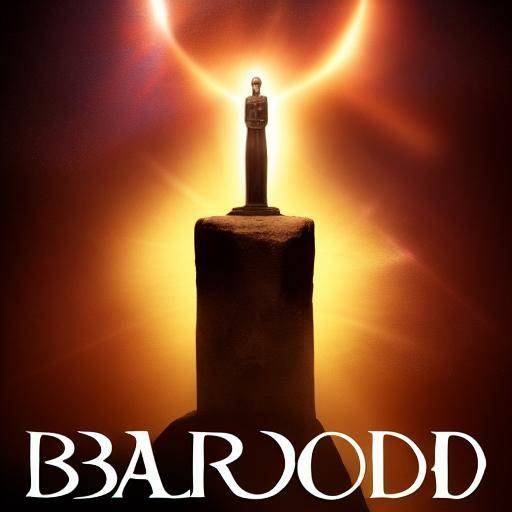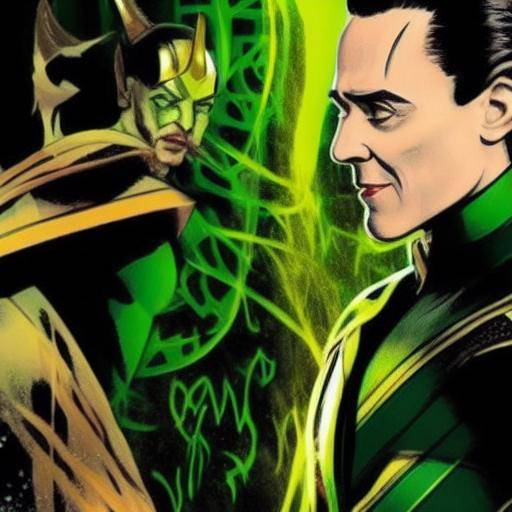
Introduction
The Nordic mythology has captured the imagination of people from all over the world over the centuries, and without a doubt, one of the most intriguing characters of this rich tradition is Loki, known as the trickster. In this article, we will explore in depth the fascinating figure of Loki, his role in Nordic mythology and why he is considered a true master of deception. In addition, we will discover how their influence remains relevant in contemporary culture. Get ready to immerse yourself in Loki's intriguing world and her mischiefs!
History and Background
Nordic mythology, often known as the religion of the former Scandinavians, is a tradition rich in stories, powerful characters and a complex belief system. In this context, Loki emerges as a fundamental figure: a cunning and multifaceted god whose mischiefs have left an indelible mark on the collective imagination. Its origin dates back to the ancient Nordic sagas and poems, where it is portrayed as an intriguing and enigmatic being.
Loki, often represented as a changing being with the ability to adopt various forms, has its roots in Nordic mythology as one of the children of the giants Farbauti and Laufey. Known for its unpredictable nature and its chaotic tendencies, Loki is a complex figure whose actions have triggered events of great relevance in the divine world.
Throughout mythological accounts, Loki is involved in countless episodes of deception, mischief and manipulation, which triggers consequences ranging from hilarity to tragedy. His participation in crucial events, such as the creation of the powerful Gungnir weapon or his role in the astuce that led to Balder's death, makes him a prominent character in the Nordic mythology.
The evolution of the Loki figure throughout Scandinavian history reflects both its complexity and the ambivalence with which it has been perceived over time. From his representation as an astute ally of the gods to his role as the archetypal villain in some narratives, Loki remains a subject of interest and debate in the academic and cultural sphere.
Analysis in Deep
Despite its scurry nature and its propensity to deception, Loki's figure has played a fundamental role in Nordic mythology, generating countless debates and interpretations in the academic and popular spheres. Its ability to challenge established standards and unpredictable nature give it an attractiveness that transcends temporary and cultural barriers. Let's look more closely at some of Loki's key facets:
Nordic mythology and its relationship with Loki
Nordic mythology, unlike other traditions, does not adhere to a clear division between good and evil. Within this context, Loki emerges as a character whose dual nature challenges moral and social conventions. His role as the embaucator, who is constantly struggling with the gods and the giants, adds an additional layer of complexity to mythological narratives.
Loki's role in the Nordic worldview is as ambiguous as crucial. His participation in transcendental events, such as Balder's tragic death, highlights his ability to destabilize the established order and to provoke unpredictable consequences. This intrinsic duality in its character has led to various interpretations and analysis by scholars and enthusiasts of Nordic mythology.
The Embaucator in Contemporary Culture
Despite being a character of the ancient Nordic mythology, the figure of Loki and his role as the embaucator have left an indelible mark on contemporary culture. Its presence extends beyond mythological accounts, influencing literature, cinema, video games and other means of entertainment. Loki's ability to incarnate cunning, charisma and unpredictability makes him a fascinating and versatile character that continues to captivate audiences of all ages.
At present, the ambivalent character and the mischiefs of Loki have been adapted in a multitude of contemporary narratives, providing a platform to explore topics such as moral duality, the ambiguity of human nature and the conflict between chaos and order. Its popularity as a charismatic and enigmatic antihero reflects the durability of its attractiveness in today's culture.
Comparative analysis
By comparing the figure of Loki with the Nordic mythology and the archetype of the "embaucator", it reveals fascinating similarities and contrasts that shed light on the complexities of these topics. From the representation of Loki as a multifaceted being to the very nature of deception in Nordic beliefs, comparative exploration sheds light on the intricate and interconnected dynamics that have existed over time and space.
Loki in Comparison with Nordic Mythology
The figure of Loki juxtapones with the complex network of divinities, events and conceptions of the world that make up the Nordic mythology. His ability to challenge established norms and his constant quest for cunning differentiate him from many other mythological characters. This distinction is evident in the way that their actions trigger consequences between tragedy and comedy, emphasizing their central role in the mythological narrative.
The Archaetype of the "Embucator"
The archetype of the "embaucator" is manifested in diverse cultures and traditions throughout history, offering a window to the complex interaction between deception, cunning and human nature. In analyzing this archetype in relation to Loki, surprising parallels are revealed that highlight the universality and timeliness of the mischiefs and stunts that characterize the embaucator in its purest form.
Tips and Suggested Actions
For those interested in further exploring the figure of Loki, the Nordic mythology and the concept of the "embaucator", some practical advice and suggested actions are offered that can enrich the understanding and appreciation of these topics:
- Dip into the primary sources of Nordic mythology, such as Eddas and epic poems, to get a direct view of the stories that involve Loki.
- Explore the influence of Nordic mythology in contemporary literature, art and entertainment, paying particular attention to Loki's representations and her mischiefs.
Conclusions and FAQs (FAQs)
Conclusion
Loki's legacy as the embaucator endures over time, transcending cultural barriers and stirring deep reflections on human duality, moral conflict and the very nature of deception. As we explore the complexities of his figure in the context of Nordic mythology and the archetype of the embaucator, we face the permanent relevance and wealth of this fascinating character.
Frequently asked questions (FAQs)
- Who is Loki in Nordic mythology?
- Loki is a cunning god, known for his mischiefs and unpredictable nature in the old Nordic beliefs. His role is complex and multifaceted, making him a figure of great importance in mythological stories.
- What are some of Loki's most famous pranks?
- Loki is known for a wide range of mischiefs, including the creation of the powerful Gungnir weapon, the deception that led to Balder's death, and its participation in crucial events that triggered unpredictable consequences.
- How does Loki relate to the archetype of the "embaucator"?
- Loki embodies the archetype of the "embaucator" through its astute nature, its ability to challenge established norms and its propensity to deception. Its influence transcends the borders of Nordic mythology, leaving a lasting mark on contemporary culture.
- What is the importance of Loki in the current popular culture?
- The figure of Loki has been adapted in numerous contemporary narratives, serving as a catalyst to explore topics such as moral duality, human ambiguity and the conflict between chaos and order. His role as a charismatic and enigmatic antihero continues to captivate current audiences.
- Where can I find more information about Loki and Nordic mythology?
- It is recommended to explore academic sources, books specialized in Nordic mythology, as well as audio-visual materials that address these issues. Museums and exhibitions dedicated to Nordic mythology can also be visited to gain a deeper understanding of these topics.
- What is the lasting legacy of Loki in Nordic mythology?
- Loki's legacy as the embaucator highlights the complexity of human nature, challenging the conventional conceptions of morality and duality. His presence continues to generate deep reflections on the ambivalence and transcendence of deception in the mythological context.
These frequently asked questions and answers provide a comprehensive view of the figure of Loki, the Nordic mythology and the concept of the embaucator, allowing readers to deepen these exciting issues.
In short, Loki, the intoxicator of Nordic mythology, emerges as a complex character whose influence transcends the confines of antiquity, influencing contemporary narratives and triggering reflections on human nature. His ability to challenge established conventions, their multifaceted character and their ability to provoke unpredictable consequences make him an eternally fascinating and relevant figure. As we explore their mischiefs and their role in Nordic mythology, it is clear that Loki continues to exercise his special charm in global culture, reminding us of the perpetual relevance of mythological figures in the understanding of ourselves and the world around us.



